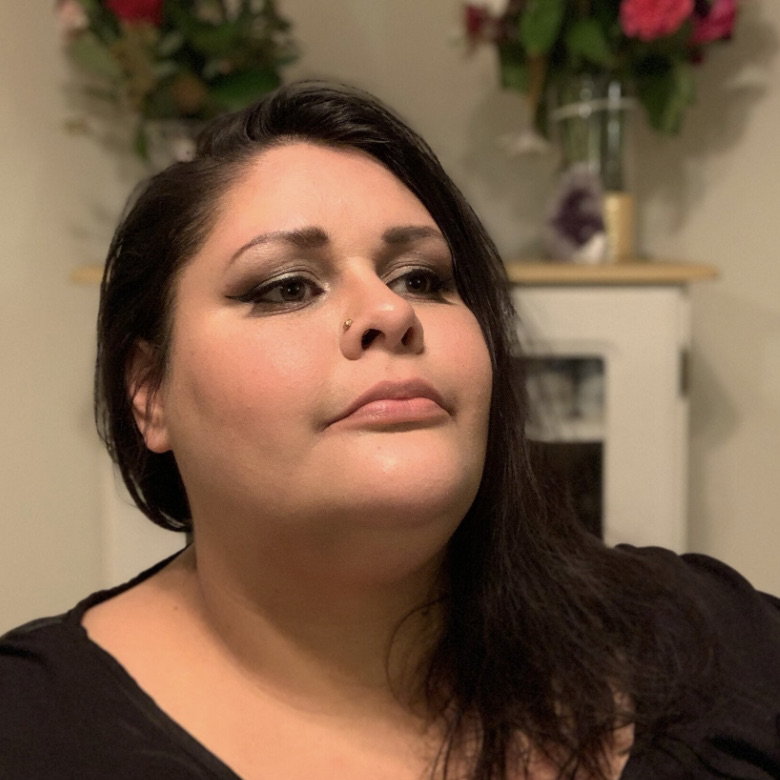with some help from Ahmad
I wanna write lyrical, but all I got is magical.
My book needs a poem talkin bout I remember when
Something more autobiographical
Mi familia wanted to assimilate, nothing radical,
Each month was a struggle to pay our rent
With food stamps, so dust collects on the magical.
Each month it got a little less civil
Isolation is a learned defense
When all you wanna do is write lyrical.
None of us escaped being a criminal
Of the state, institutionalized when
They found out all we had was magical.
White room is white room, it’s all statistical—
Our calendars were divided by Sundays spent
In visiting hours. Cold metal chairs deny the lyrical.
I keep my genes in the sharp light of the celestial.
My history writes itself in sheets across my veins.
My parents believed in prayer, I believed in magical
Well, at least I believed in curses, biblical
Or not, I believed in sharp fists,
Beat myself into lyrical.
But we were each born into this, anger so cosmical
Or so I thought, I wore ten chokers and a chain
Couldn’t see any significance, anger is magical.
Fists to scissors to drugs to pills to fists again
Did you know a poem can be both mythical and archeological?
I ignore the cataphysical, and I anoint my own clavicle.
Published:
2021
Length:
Regular
Literary Movements:
Contemporary
Anthology Years:
2023
Themes:
Bilingual
Identity
Immigration
Poems of Place
Literary Devices:
Allusion
an expression designed to call something to mind without mentioning it explicitly; an indirect or passing reference
Repetition
a recurrence of the same word or phrase two or more times
Rhetorical Question
a question asked for effect, not necessarily to be answered
Villanelle
a nineteen-line poem with two rhymes throughout, consisting of five tercets and a quatrain, with the first and third lines of the opening tercet recurring alternately at the end of the other tercets and with both repeated at the close of the concluding quatrain

